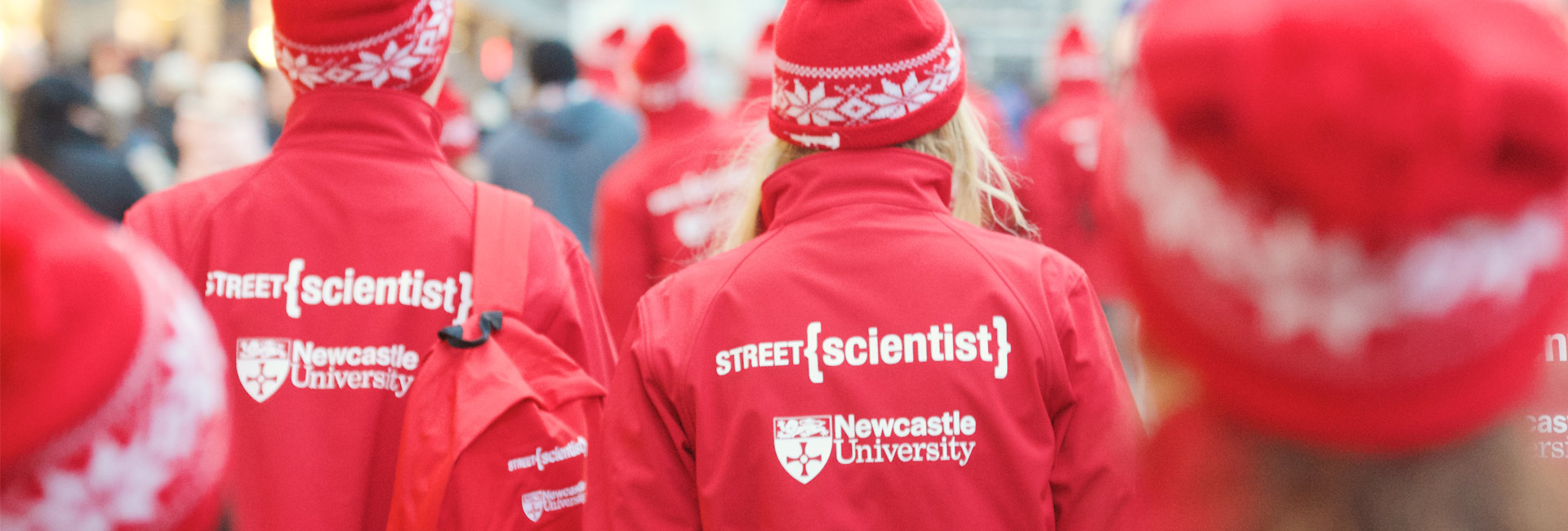Engagement and Place
Improving the economy, health, social wellbeing and cultural richness of the places in which we operate.
Engagement describes how the activity and benefits of our teaching and research can be shared, enriched and enhanced through partnerships working beyond the University. It is a multi-directional process with the aim of delivering mutual benefit for both the University and our external partners. These exchanges can take many forms, involving our staff, students and alumni. They need a long term view.
Our engagement activities are wide ranging. In much of our research, we work closely with businesses, voluntary groups and the creative sector. We influence policy. Our student placements are across sectors, and across regions, countries and nations. We're involved in public engagement in its many forms.
In line with our institutional aspirational values, our engagement activities will:
- be embedded in and representative of our research and education excellence
- be creative and innovative in working for the public good
- provide ideas and solutions that will have economic and social impact
At Newcastle University, we see the contribution we can make economically, socially and culturally as core to our purpose. We want to work with our staff, students and partners to maximise the positive impact we can achieve locally and globally.
How we're engaging
-
for economic benefit. We work closely with regional industry. We collaborate with them on research and development and business innovation. We address current skill shortages in their workforce and their need for appropriately trained graduates.
-
for societal benefit. We aim to be an effective partner for local government, the NHS, the voluntary, community and social enterprise sector and the public.
-
from local to global. We use our global reach to improve the international connectivity of our region.
-
for cultural benefit. Our expertise in creative arts practice, culture and heritage contributes to the vibrancy and cultural richness of our region.
-
with policy and practice. Our academic and professional staff have the skills to address policy challenges. These challenges face all governments at a local, national and international level.
-
for access and participation. We work to improve the social mobility of people from underrepresented and disadvantaged backgrounds. We do this by ensuring our education and research is as widely accessible as possible.
Contact us
If you're interested in finding out more about engagement activities at Newcastle University or in collaborating with us, contact:
Andrea Henderson
Head of Engagement
Telephone: +44 (0)191 208 8312
Email: engage@ncl.ac.uk
